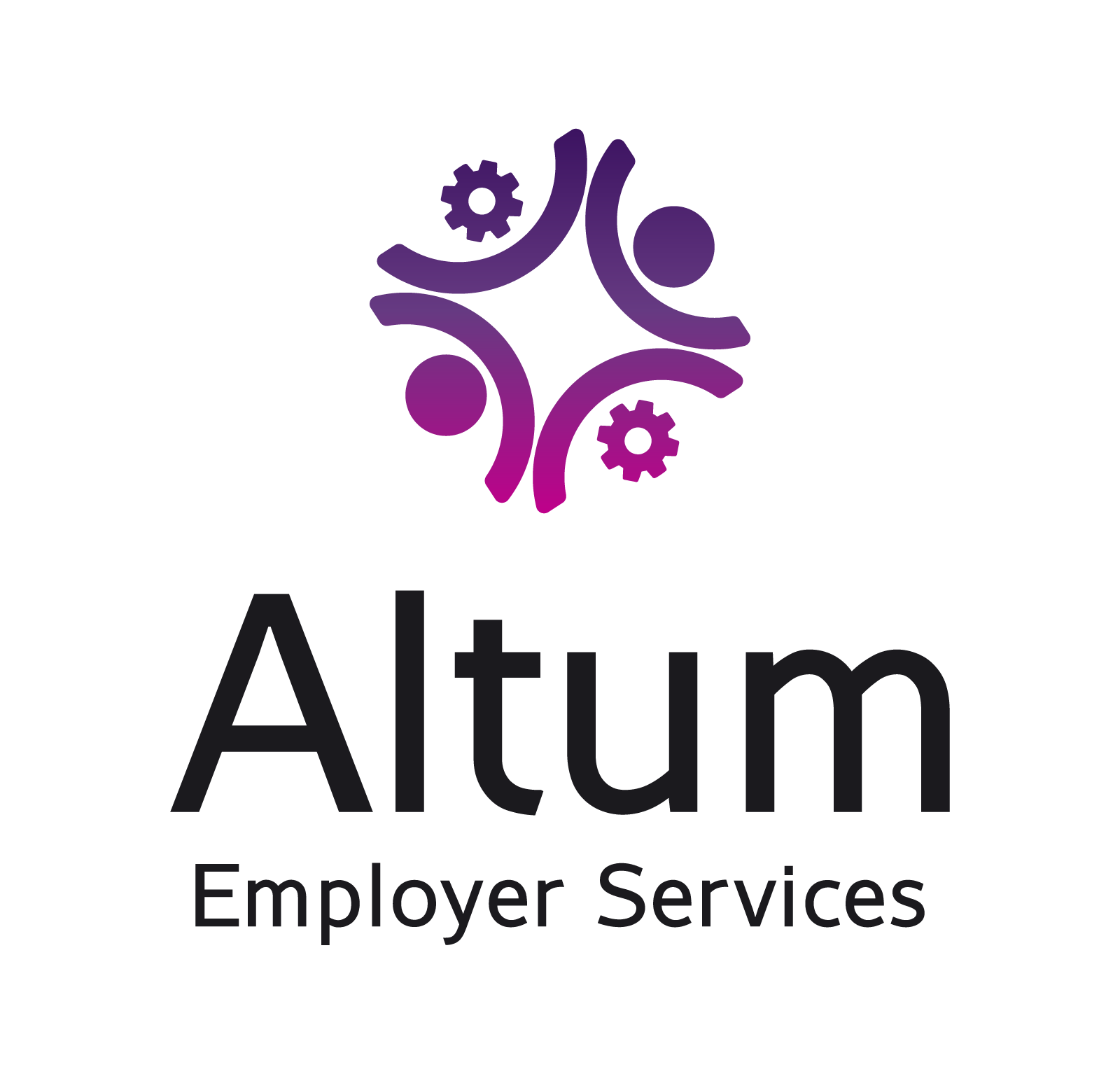How can my employees return to work safely and legally after Covid-19?
With recent updates from the Government stipulating that a phased return to work for some businesses will now begin, many questions will be raised.
- How can I return my employees back to work safely?
- What legal obligations do I have for their health and safety?
- What if my employees refuse to return to work?
While information from the Government is released daily; we know that it can be challenging to get clear answers.
We’ve put together some of the key points to support you highlighting considerations you must make as an employer when preparing to return your staff to the workplace.
As an employer, you have both a moral and legal obligation to your employees under the Health and Safety at Work Act 1974 (HSAW) – this includes providing adequate protection for infectious diseases. Regardless of this unprecedented situation, this law still stands and, if employers do not adhere, they could find themselves facing employment tribunals and criminal charges.
Your Employee’s Rights
Employees have the right under HSAW to –
- Leave work if they have reasonable belief there is an imminent or immediate danger to them, including encouraging others to do the same;
- Report Health and Safety breaches through whistle blowing;
- Claim for compensation through potential employment tribunals and/or civil court. Employers could face not only employment claims against them for mismanagement of H&S but could also face criminal charges including negligence and manslaughter if reasonable action to protect employees is not taken.
Your Obligations As An Employer
As an employer, the things you will need to consider when returning your employers to work are:
- The current government guidelines and guidance;
- Changes that need to be made, whether temporary or permanent to internal policies including, absence reporting, flexible working, travel/expenses, working from home;
- The decisions on employee returns must be made with consideration to individual circumstances such as discriminatory decisions, unnecessary stress and psychological harm;
- Just issuing a policy or minor training is not enough to satisfy employers liability allegations in tribunal cases, communication must be documented and the policies evolve over time;
- Just because everyone is effected by Coronavirus does not mean that claims will be unlikely, especially under H&S, It is actually the opposite as tribunals are more likely to see negligence being claimed as information regarding employers requirements are unchanged in law;
- Records should be kept regarding temporary business changes, communication and individual agreements;
- Risk assessments must be completed as part of employers obligations through both the Employment Rights Act and HSAW;
- Provisions such as Occupational Health and reasonable adjustments may have a cost associated to them and therefore businesses should be aware of their obligations and the cost implications they may have.
Further Support
If you have any questions about getting your employees back to work safely please get in touch to speak to one of our professional HR advisors.
